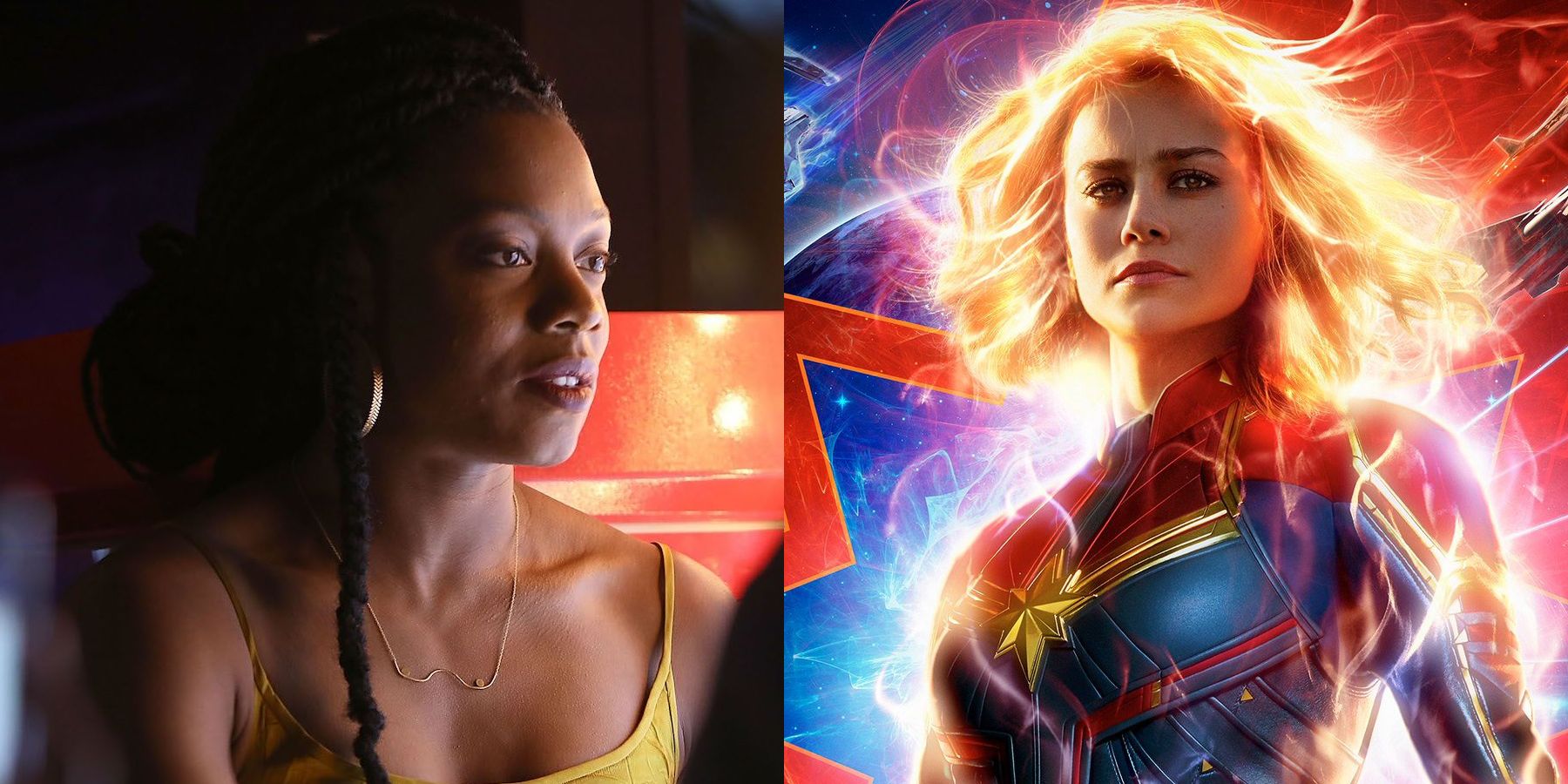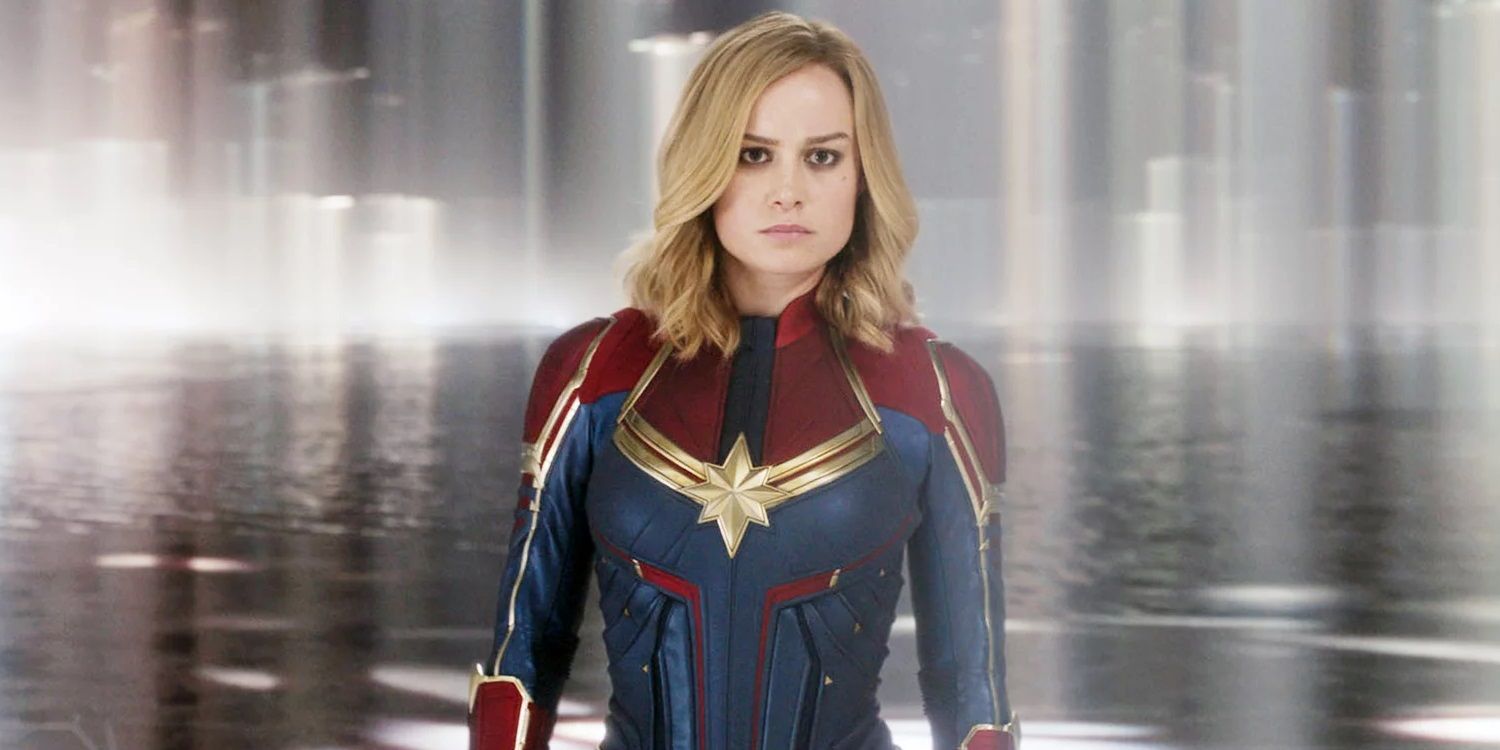If you haven’t been acquainted with the rising powerhouse that is Nia DaCosta, it most certainly will not be for long. Dacosta is the director of the upcoming Captain Marvel sequel titled The Marvels, and it appears the MCU film will explore more serious subjects than fans might not expect.
In landing the directing gig for the Captain Marvel sequel, DaCosta is making history as the first Black female to direct a Marvel film. The highly-anticipated blockbuster will see Brie Larson reprise her role as Carol Danvers, while newcomers Iman Vellani and Teyonah Parris will reprise their respective MCU roles as Ms. Marvel and Monica Rambeau.
Naturally, plots details for The Marvels are currently under wraps, but DaCosta recently told Variety that her MCU film will cover some rather serious subjects. During a conversation with the outlet, DaCosta discussed how her upcoming Candyman film will explore the history of brutality without it actually depicting Black people’s everyday trauma and the injustice that they are forced to live. While she acknowledges that the specific topics covered in Candyman and The Marvels are different, there are thematic similarities between the two films. "I can say it’s a very different beast,” DaCosta said. “But I am obsessed with how we all deal with our pain and trauma, and there’s some of that in the story."
Candyman will be a direct sequel from the original 1992 picture. However, all that DaCosta seems to be taking from these original movies is the character of Candyman himself, and she is determined to shift the narrative and story of how Black people are typically seen in horror movies. In high school, DaCosta even made a short film titled The Black Girl Dies Last. The original 1992 Candyman film centered around a Black protagonist who is caught having an affair with a white woman and is subsequently murdered and tormented. His hand quickly becomes that of a jarring hook and he begins to haunt Cabrini-Green - a public housing project that was portrayed as a place for heinous and crime-ridden people. DaCosta's upcoming film instead shows the protagonist diving deep into the mythology behind the narrative of the Candyman.
However, this time the story features a Black boy being wrongly accused of murder. DaCosta's Candyman film is intentionally not creating yet another space in the industry to televise black people being violated, tormented, and murdered. At the same token, DaCosta is devoted to shedding light and awareness of our country’s racist history, while simultaneously not showcasing the horror that Black people are forced to live in every day.
In order to achieve this balance of utilizing violence with intention, Candyman uses shadow puppets. The shadow puppets serve as both a way for the film to avoid resorting to cheesy flashbacks to the original for reference, but puppetry also carries with it a long history. That long history is another symbolic representation of just how long racial injustice and brutality has plagued our country. Puppets also have a different effect on viewers because they're much more abstract, mirroring an illusion similar to that of the concept of race. Groundbreaking director Jordan Peele had scouted out DaCosta as without a doubt the woman for the job.
The Marvels is scheduled to be released in theaters on November 11, 2022.
Source: Variety


